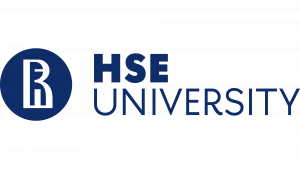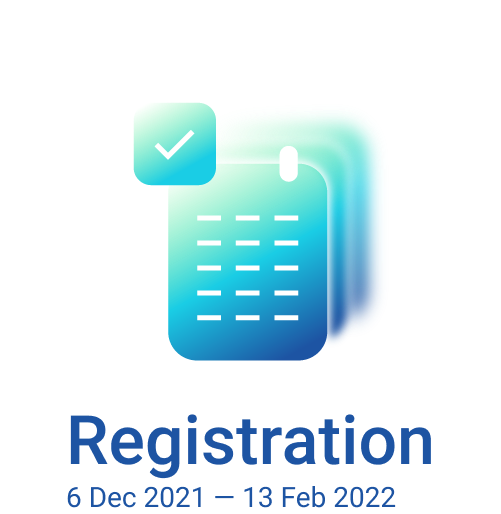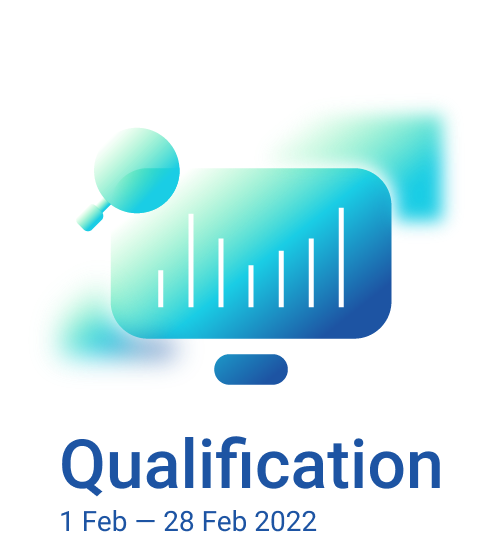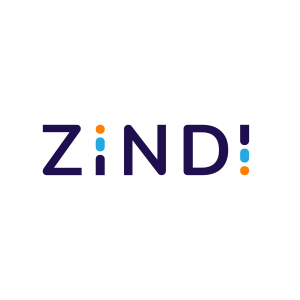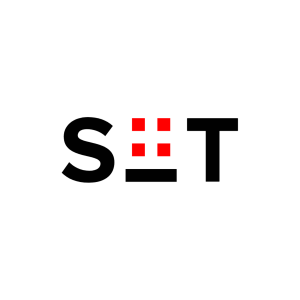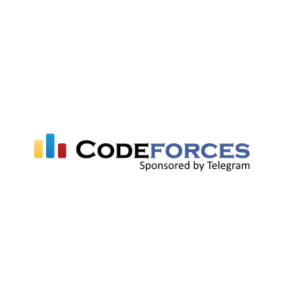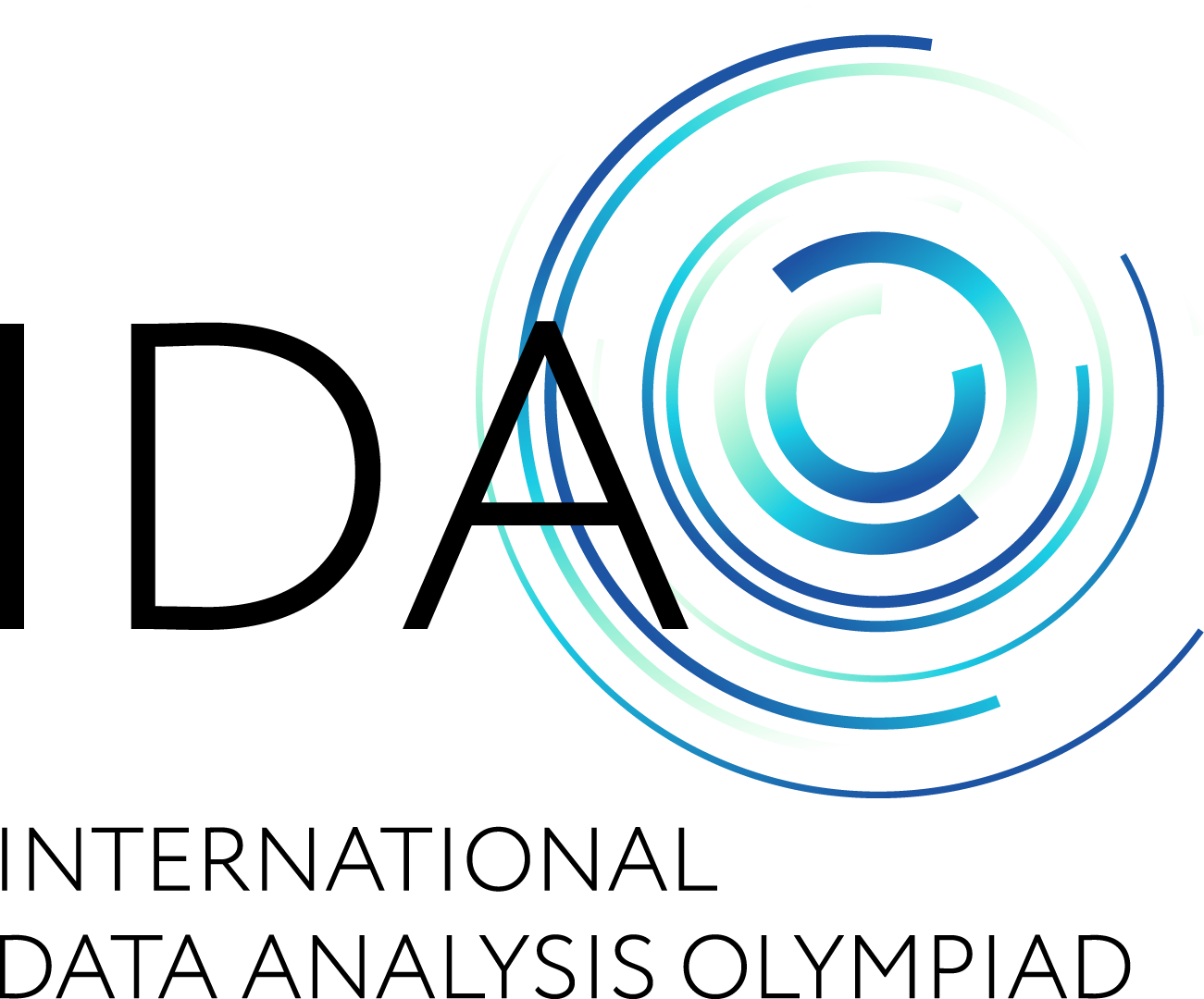

There are two separate tracks during the online stage. From the machine learning perspective, the tracks will be similar, yet the restrictions put on the solutions are different for each track.
The first track will be a traditional data science competition. Having a labeled training data set, participants will be asked to make a prediction for the test data and submit their predictions to the leaderboard. In this track, participants can produce arbitrarily complex models. If you like to use 4-level stacking or deep neural networks, this is the right track for you – you will only need to submit test predictions. However, those who qualify for the finals will be asked to submit the full code of the solution for validation by the judges.
In real world problems, efficiency is as important as quality. Complex and resource-intensive solutions will not fit the strict time and space restrictions often imposed by an application. That is why in the second competition track, your task will be to solve the same problem as was in track one, but with tight restrictions on the time and on the memory. If you like the most efficient solutions, this is the right track for you.
We hope that the two tracks will make the olympiad fascinating for both machine learning competition experts and competitive programming masters, Kaggle winners and ACM champions, as well as everyone eager to solve real world problems with Data. Moreover, we encourage people with different backgrounds, ML and ACM, to team up and push Data Analysis to new frontiers.
In 2022, the first round of IDAO involves solving a research problem. Participants will have to predict the properties of 2D crystals of various configurations. Such crystals contain only one atomic layer and have a unique energy landscape, which allows them to function as powerful accelerators, effective semiconductors, and optical information elements. The task is provided by HSE University's LAMBDA Lab. Many thanks for the lab, particulalry the taks creator Abdalaziz Rashid Al-Maeeni (Research Assistant at LAMBDA Lab, HSE University.

30 teams best teams according to the First Stage's Student Division will be invited to the Final. First of all, we will ask the source code of your solution (for both tracks) which will be reviewed and validated. The solution must reproduce your submission exactly. Our experts will check that your solution contains no cheating, and your team does not attempt to unfairly pass the rules. The finalists table 2021 will be published on April 1 only after the jury’s checking.
As part of the onsite round of the olympiad, speeches and workshops by international experts in machine learning and data analysis are also planned.
In the final round, participants had 36 hours to solve a task from Otkritie Bank. Special thanks to the task creators Sergey Zagrebnev (Director, DS&A Center, Integrated risks Department, Otkritie Bank) and Pavel Nikolaev (Managing Director, Integrated risks Department, Otkritie Bank).
Organizers

